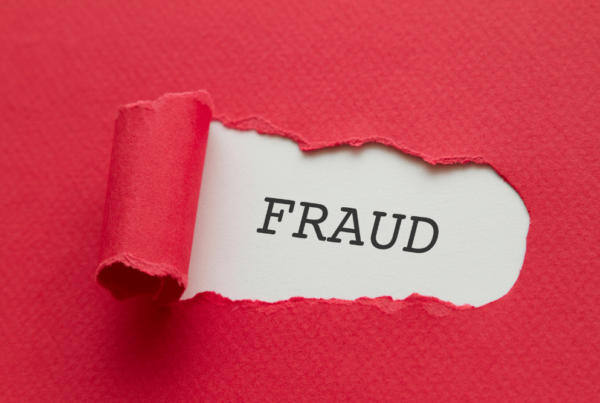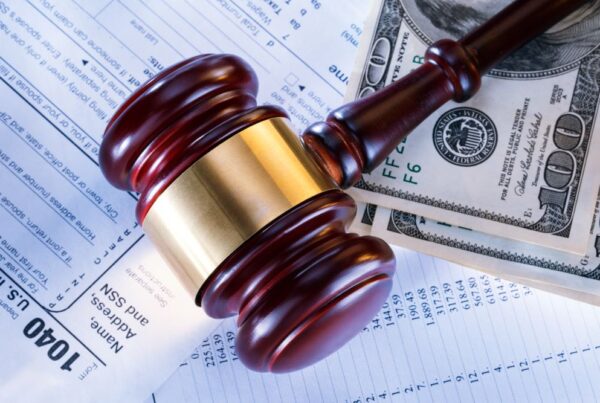The most common bankruptcy crime is known as bankruptcy fraud, and it is prosecuted under 18 USC 152. The statute makes it a criminal offense for the debtor to conceal assets, make a false oath or declaration, transfer property into the name of another, extort money, or falsify or withhold records of finances or property.
It is also a crime for any creditor to make a false claim against the debtor, or receive property outside the bankruptcy from the debtor.
The penalty for bankruptcy fraud is a maximum of 5 years in federal prison.
During bankruptcy, the court will appoint an trustee to administer the debtor’s estate. 18 USC 153 governs conduct of the trustee. It is a crime for a trustee, custodian, marshal, or any other officer to knowingly and fraudulently appropriate property. It is a criminal offense to embezzle, spend, or transfer any property or secrets, or to destroy any document that is in that person’s charge. The penalty for this offense is a maximum of 5 years prison.
18 USC 154 establishes civil penalties for misconduct during bankruptcy. The statute provides that a trustee, custodian, marshal, or any other officer of the court who knowingly purchases any property of the estate shall be fined and removed from office (ie, office of United States Trustee). Further, the property shall be forfeited. An officer of the court must obey any and all court orders allowing a trustee or parties in interest to examine documents.
Parties in interests are prohibited from acting together to fix their fees. 18 USC 155 establishes a misdemeanor offense for fixing fees. The penalty is imprisonment for one year or less.
Any person who prepares a bankruptcy petition is subject to strict rules under 18 USC 156. Federal law says that in preparing a bankruptcy petition, the preparer is subject to criminal punishment if the case is dismissed because of a knowing attempt to disregard applicable bankruptcy statutes or rules of procedure. This statute does not apply to a lawyer who represents the debtor, or to any paralegal in that attorney’s staff. This offense is a misdemeanor with a maximum penalty of one year incarceration.
Finally, 18 USC 157 prohibits any scheme to defraud another, or attempt, during bankruptcy. The sentence for this charge is a maximum 5 years in federal prison.
It is illegal to knowingly and with intent to defraud, file a bankruptcy petition or other document, or make a false or fraudulent representation, claim, or promise concerning a bankruptcy proceeding. 18 USC 157 also applies to involuntary bankruptcies.





